Artificial Intelligence and robots can thank the droids from Star Wars for the internet-appropriated slur “clanker,” which has been used to insult real-world technology as automation slowly creeps into and takes over daily life.
According to Wookieepedia (yeah, I went there), the word “clanker” was first used as a slang term because the joints of the droids would, well, clank against their metal bodies.
The droid reference was first mentioned in the 2005 video game Star Wars: Republic Commando before gaining popularity during the 3D animated series “Star Wars: The Clone Wars,” which premiered on Cartoon Network in 2008 and was canceled in 2013.
It showcased George Lucas’s untold stories set between Star Wars Episode II: Attack of the Clones and Star Wars Episode III: Revenge of the Sith, starring Obi-Wan Kenobi, Anakin Skywalker, and his padawan, Ahsoka Tano.
But is the word “clanker” a slur for robots?
Thomas Bacon from ScreenRant wrote an article about how “clanker” is technically a slur for robots in the Star Wars universe:
“Oddly enough, in the Star Wars galaxy, it's probably true to call "clanker" a slur. Droids are (semi-)sentient in Star Wars, and those who don't undergo periodic memory wipes develop much stronger personalities."
"But droids are also seen as lesser, with the Mos Eisley Cantina famously refusing to serve them.”
The Mos Eisley Cantina, for non-Star Wars fans, refers to the anti-droid serving tavern in Tatooine featured in Star Wars: A New Hope where Kenobi and Luke Skywalker meet Han Solo and everyone’s favorite Wookiee, Chewbacca.
The article referenced the random droid civil rights subplot in the box office disappointment Solo: A Star Wars Story, where Donald Glover’s Lando Calrissian befriends a droid named “L3-37” who advocates for equal rights. Spoiler alert: The poor droid ends up being uploaded into the Millennium Falcon without addressing the droid’s desire to be treated fairly, like its human counterparts.
Twenty years after the first reference of “clanker,” social media users have adopted the term to insult the overly enthusiastic response to AI in all facets of society championed by tech elites like Elon Musk, Sam Altman, and Mark Zuckerberg.
At the 2024 VivaTech Conference in Paris, Musk talked about the future of human jobs being optional:
“The question will really be one of meaning – if the computer and robots can do everything better than you, does your life have meaning? I do think there’s perhaps still a role for humans in this – in that we may give AI meaning.”
Musk has even introduced a household helper robot called the “Optimus,” which is being tested to perform tasks such as watering plants, carrying groceries, and playing games with children.
Featured on USA Today, a demo of Musk’s latest “clanker” project can be seen below:
- YouTubeUSA Today/YouTube
Musk also introduced a popcorn-serving robot that X user @EckhartsLadder had some choice words for:
Keep your oily soulless clanker hands away from my delicious human food https://t.co/DXF7JNKD0W
— EckhartsLadder (@EckhartsLadder) July 20, 2025
However, as the droid “C-word” becomes more popular, social media users worry about the potential backlash of the term's cancellation in the future, particularly if robot and droid activists call them out for using the slur in a robot-dominated world. TikTok users have even done videos roleplaying robot racism and mocking anti-robot cynicism.
@just.guy.things posted a video on his TikTok dramatizing himself at a 2088 “clanker rally”:
@just.guy.things Dirty clankers #clanker #robot #humanrights #fyp
But as more robots take over human jobs, the “clanker” debate generally appears to be a response rooted in fear and discomfort about a future dominated by AI technology.
According to Forbes, artificial intelligence is projected to significantly reshape the global workforce by 2025, impacting 25 percent of the labor market and possibly eliminating 300 million jobs. By 2045, Goldman Sachs predicts that generative AI and robotics will fully automate half of all jobs.
The internet had quite a bit to say, and used the word “clanker” to joke on the incoming robot colonization of human jobs:
On the bright side, clankers pose a smaller threat to those in skilled trades and labor-intensive jobs, such as construction, installation, maintenance, and repair. Meanwhile, a compromise could be reached by humans investing in AI support careers and digital literacy campaigns.
If you can’t beat “clankers,” join them?

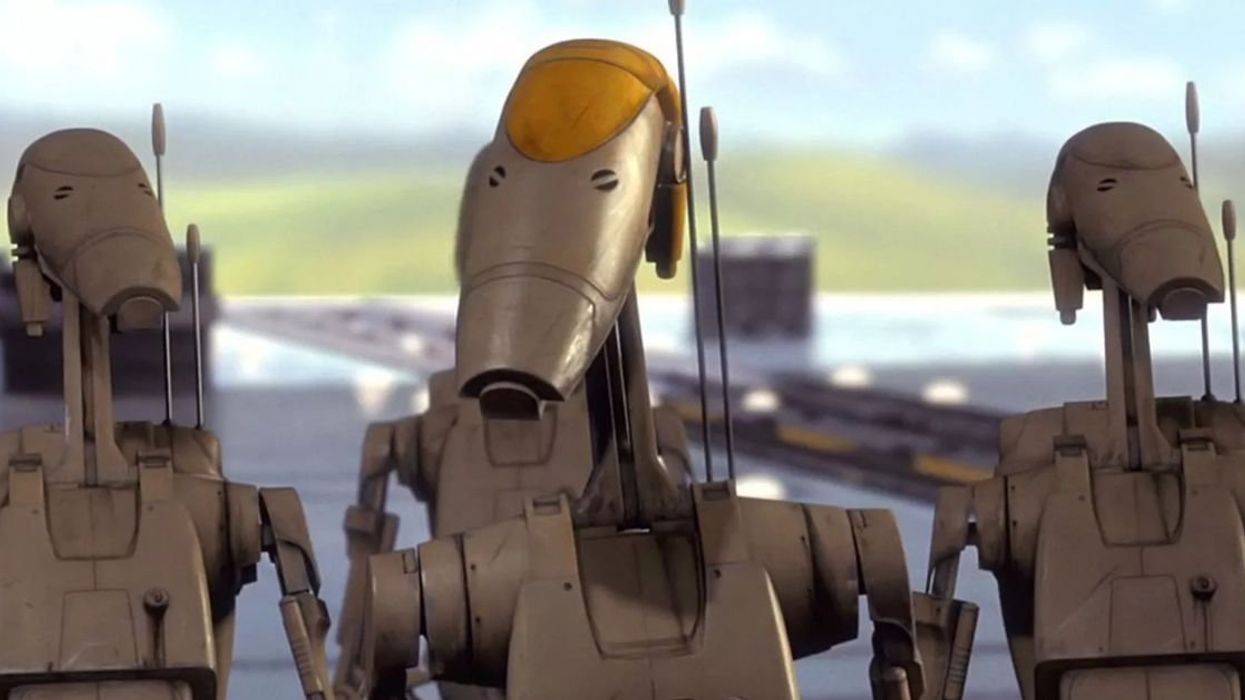






 @manuelgarciaiv2395/YouTube
@manuelgarciaiv2395/YouTube @Sledgeh101/YouTube
@Sledgeh101/YouTube @roter13/YouTube
@roter13/YouTube @mountainsmusicbeer5532/YouTube
@mountainsmusicbeer5532/YouTube @jayr3053/YouTube
@jayr3053/YouTube @rays2794/YouTube
@rays2794/YouTube @KCNwokoye/YouTube
@KCNwokoye/YouTube @kelwinkwel/YouTube
@kelwinkwel/YouTube





 Sleepy The Tourist GIF by HBO Max
Sleepy The Tourist GIF by HBO Max 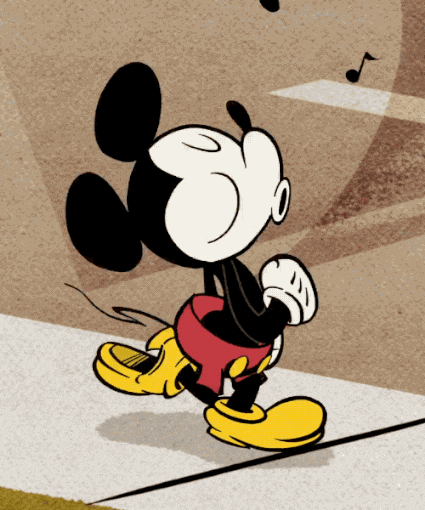 Whistle Whistling GIF
Whistle Whistling GIF  friends GIF
friends GIF 

 @sergay.argentina/Instagram
@sergay.argentina/Instagram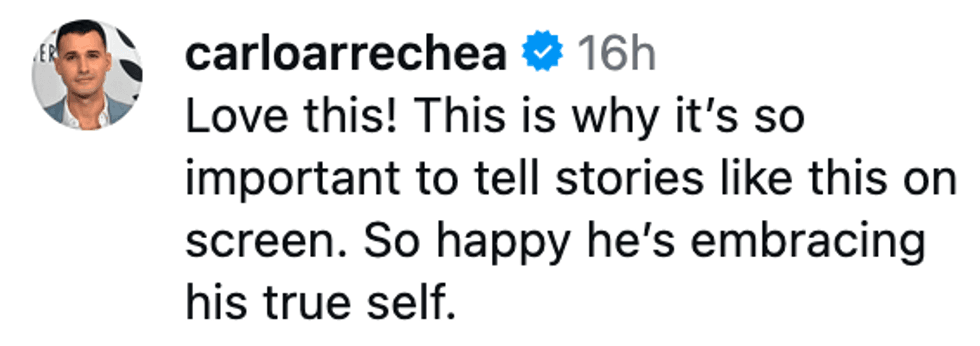 @carloarrechea/Instagram
@carloarrechea/Instagram @zacharyzane_/Instagram
@zacharyzane_/Instagram @treywatts123/Instagram
@treywatts123/Instagram @lady_golightly/Instagram
@lady_golightly/Instagram @chrispitsicalis/Instagram
@chrispitsicalis/Instagram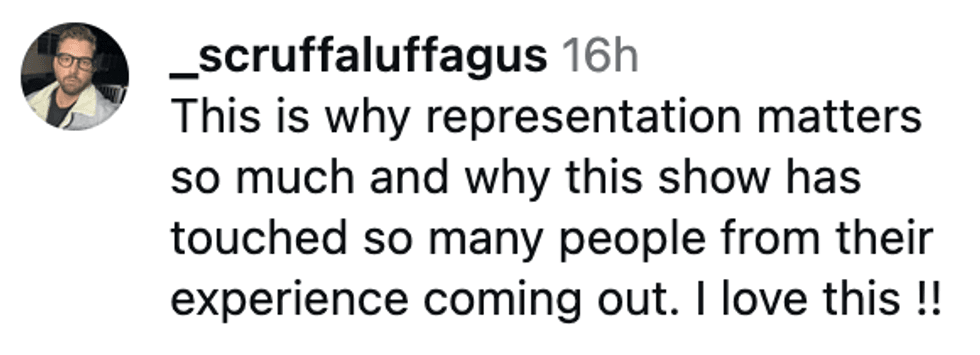 @_scruffaluffagus/Instagram
@_scruffaluffagus/Instagram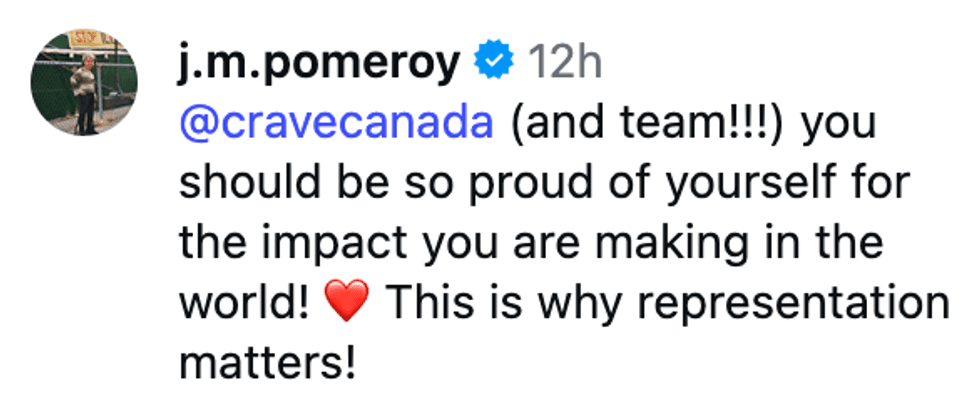 @j.m.pomeroy/Instagram
@j.m.pomeroy/Instagram @brettburger/Instagram
@brettburger/Instagram
 @ilonamaher/TikTok
@ilonamaher/TikTok @ilonamaher/TikTok
@ilonamaher/TikTok @ilonamaher/TikTok
@ilonamaher/TikTok @ilonamaher/TikTok
@ilonamaher/TikTok @ilonamaher/TikTok
@ilonamaher/TikTok @ilonamaher/TikTok
@ilonamaher/TikTok @ilonamaher/TikTok
@ilonamaher/TikTok @ilonamaher/TikTok
@ilonamaher/TikTok @ilonamaher/TikTok
@ilonamaher/TikTok @ilonamaher/TikTok
@ilonamaher/TikTok